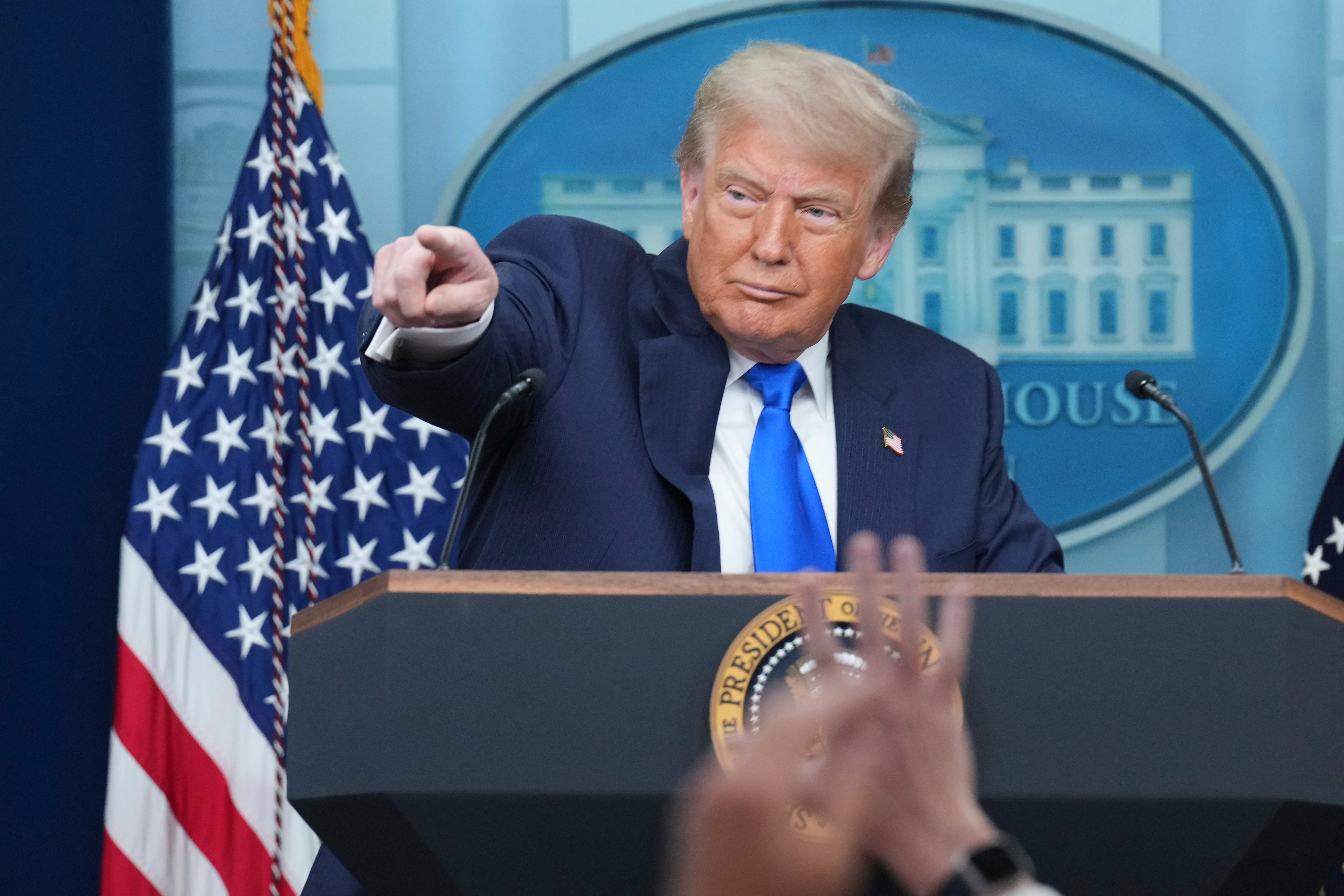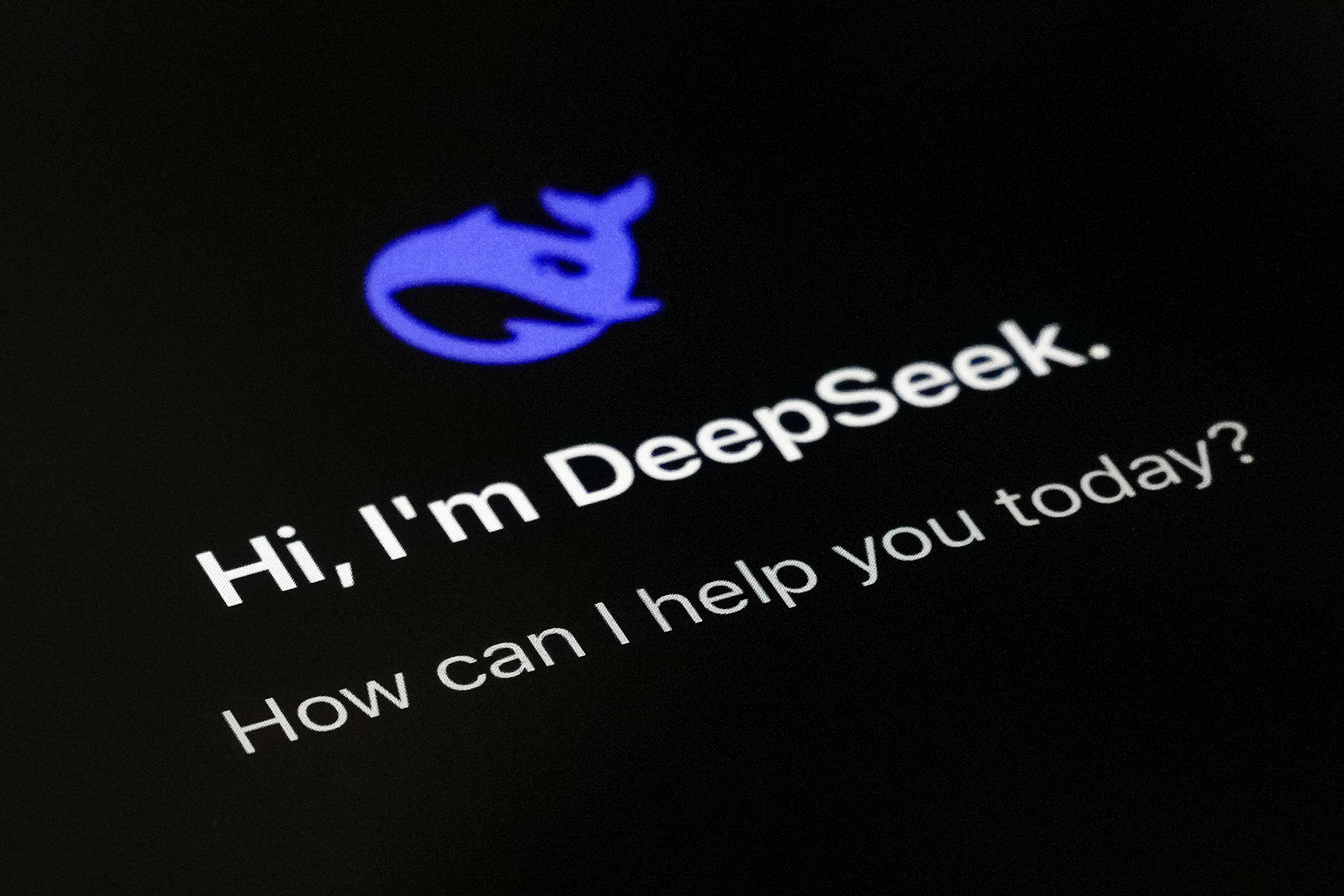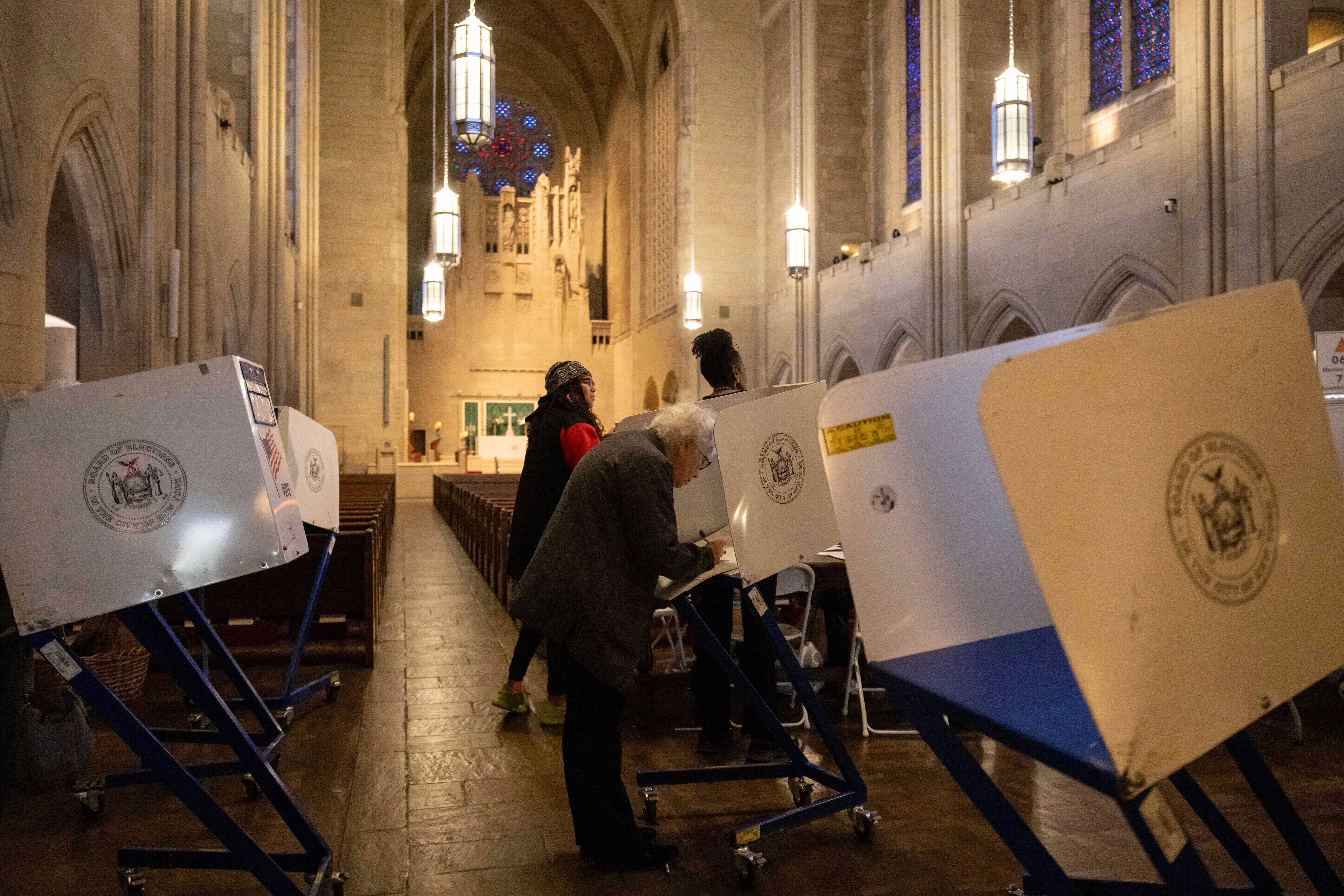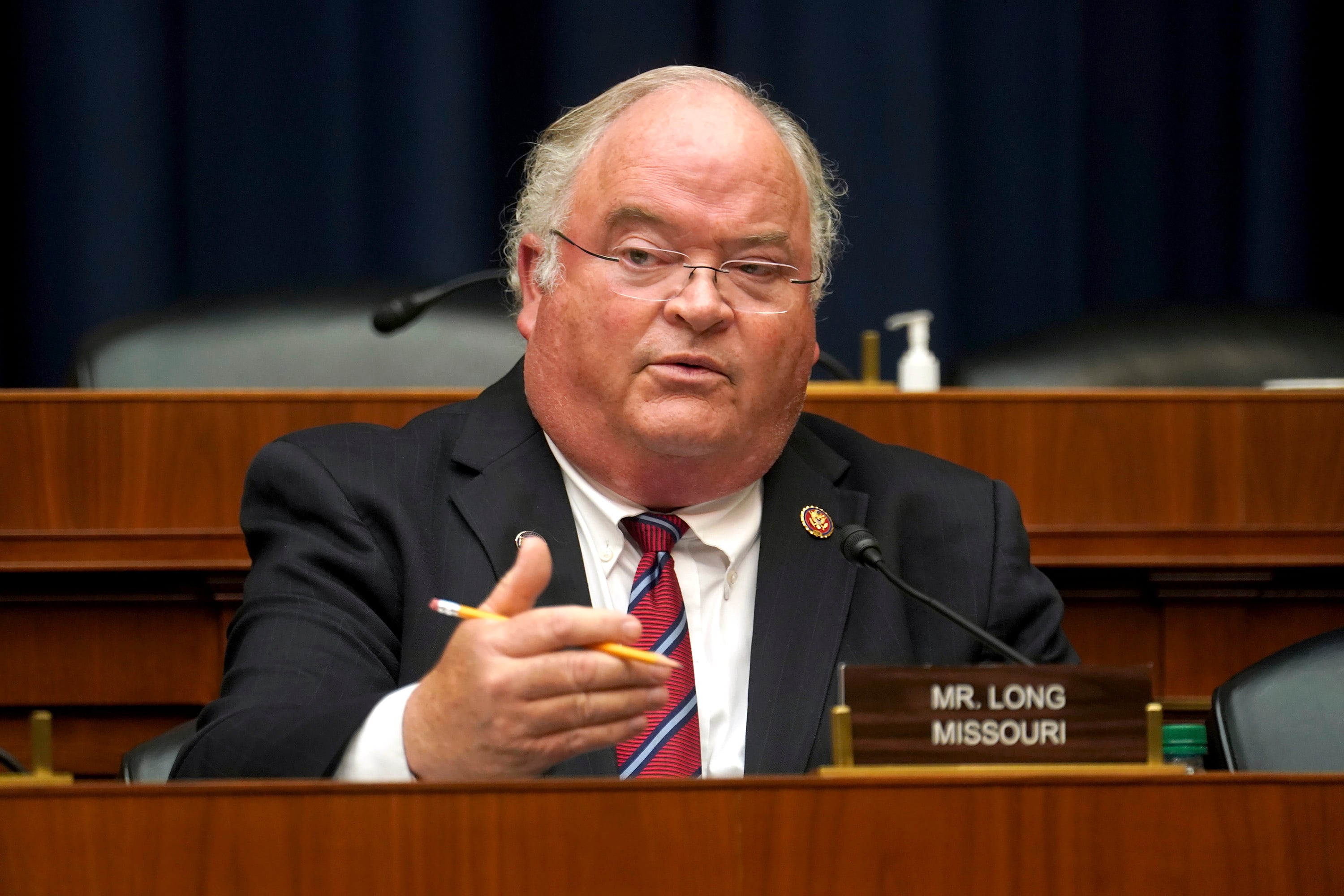One passionate Andrew Yang supporter wanted to raise awareness of his candidacy by flying an airplane banner over Los Angeles. And he figured out a way to get Amazon to pay for it.
Ted McLean organized fellow Yang supporters with Amazon Prime accounts to subscribe to his premium Twitch streaming account (Amazon owns Twitch). Prime users get one free channel subscription a month, and subscriptions allow for advertisement money to flow to channels like McLean's. Once he had enough subscribers from the "Yang Gang," McLean used the advertisement money to pay for a Yang banner to fly over a September rally.
He says it is the first of many instances of what he calls "skybanking."
All of the 2020 campaigns have adopted apps and other digital tools to solicit funds and organize supporters. But the kind of autonomous campaigning outside of the official Yang 2020 headquarters exists on a digital scale unlike any other. While grassroots support is nothing new, the online nature of Yang supporters shows how outsider campaigns with less infrastructure leverage technology and online spaces to get noticed.
As part of a recent fundraising blitz, the Twitter account @HumanityForYang called out the "Yang Gang" before the candidate's wife's birthday.
"We're trending #HappyBirthdayEvelynYang on OCT 31 @ 9AM PT! As a gift, please donate $31 to help reach the $1.5M Oct goal!"
Tweets flooded in using the hashtag, with users sharing screenshots of $31 donations to the tech entrepreneur's ActBlue page. A day later, the official Yang 2020 campaign sent out a congratulatory email stating, "The Yang Gang raised $1.5 million in one week!"
The @HumanityForYang Twitter account has more than 12 thousand followers and is just one of many, churning out an assembly line of fundraising-hashtag goals, Andrew Yang memes, and donor shoutouts. It's all part of a linked web of accounts led by volunteers from platforms like Reddit and the messaging app, Discord.
Discord in particular is a popular destination for Yang supporters. In forums on the server, moderators suggest hashtags for members to post on Twitter, helping guarantee pro-Yang tweets will trend and be seen by more users. It works too: #HappyBirthdayEvelynYang was tweeted over 10,000 times, according to analytics platform Talkwalker.
When media websites offer surveys or opt-in polls about 2020 candidates, Yang Discord moderators encourage supporters to overrun them with answers about Yang.
Though other 2020 candidates have Discord servers, Yang has the largest community with nearly 4,700 members. It's through that online community that Yang's supporters push content to other platforms.
"We put a lot of effort into funnelling people into what they're interested in," said Elaine Lau, a volunteer and moderator on the Yang 2020 Discord. "There's digital organizing, getting the word out there on social media, asking people to tweet, post on Facebook, post on Reddit."
It's clearly working. Just look at the fundraising numbers: Andrew Yang hauled in nearly $10 million in the most recent quarter, much of it from small dollar donors. The money has allowed Yang 2020 to build more traditional campaign infrastructure nationwide, recently opening offices and hiring paid staffers in key states.
"The Yang folks are kind of freakish with how extremely online they are," said David Goldstein, chief executive of Tovo Labs, a progressive digital consulting firm. "The only people I've seen innovating are the Trump and Yang campaigns."
Indeed, all of the 2020 Democrats are taking lessons from Donald Trump's 2016 campaign, which employed a variety of online platforms to propel an outsider candidate into the White House. But unlike Yang's bid, the Trump 2020 campaign now has more infrastructure and organized strategy built around its online presence. Plus, the Trump campaign has its own enthusiastic marketer-in-chief: the President.
During a rally last month in Minneapolis, Trump suggested somebody make a "Where's Hunter?" T-shirt while on stage calling out Joe Biden's son, who is at the center of the Trump impeachment inquiry. An hour later, the president's campaign manager Brad Parscale tweeted out a link to $25 shirts with the quote, for sale on the campaign's website.
"Relevance to the news, relevance to the user's life is one of the best ways to convert and get donations. Speed is our strength," said a senior Trump 2020 campaign official to Cheddar.
By reacting quickly to news, the campaign is able to release online surveys, targeted ads, and solicit donations from supporters. This generates not only campaign funds — Parscale said the campaign raised $3 million on the day of the House's impeachment vote — but also a repository of voter data.
When people become donors, the Trump 2020 campaign gains much more information than just their email addresses. The campaign can identify the likelihood of a donor to vote, on a scale of 1 to 100, and then figure out by location where Trump likely has locked-in votes.
Trump 2020 is building on the success of 2016, where close to 70 percent of campaign donations to Donald Trump were small dollar. The campaign determined that 90 percent of online donors to Trump also voted for him, according to the campaign official.
For Democrats looking to take on the President in 2020, having that slate of voter data is essential.
Originally built for the groundbreaking campaign of Alexandria Ocasio-Cortez, Reach is an app that makes gathering grassroots voter data easy. It has scaled up for 2020 Democratic campaigns.
The app allows for every campaign volunteer to have access to voter files and add to them, out in the real world. The goal is to bust out of the precut list of "the same people who voted in the last 4-5 elections," according to Reach CEO and co-founder, Jake DeGroot. This not only gives campaigns new or missing voter data but also adds different types of voters to the rolls.
2020 contenders have taken notice: Elizabeth Warren's campaign rolled out Reach for volunteers nationwide, and Tulsi Gabbard's campaign is using the app in early voting states, according to DeGroot.
With data, digital strategies, and online buzz taking center stage this election like never before, it remains to be seen how any of it will translate on election day.
As a former AOC campaign staffer, DeGroot warns that it is important to turn online excitement into real outcomes. It is something Trump and Ocasio-Cortez have done well, and Yang needs to do to ensure he goes far in the election.
"If you're going to be a good organizer in 2020, it needs to be online but also requires turning out real-life engagement and volunteer management," said DeGroot. "Good organizing necessitates online presence, but online presence doesn't automatically mean good organizing."








